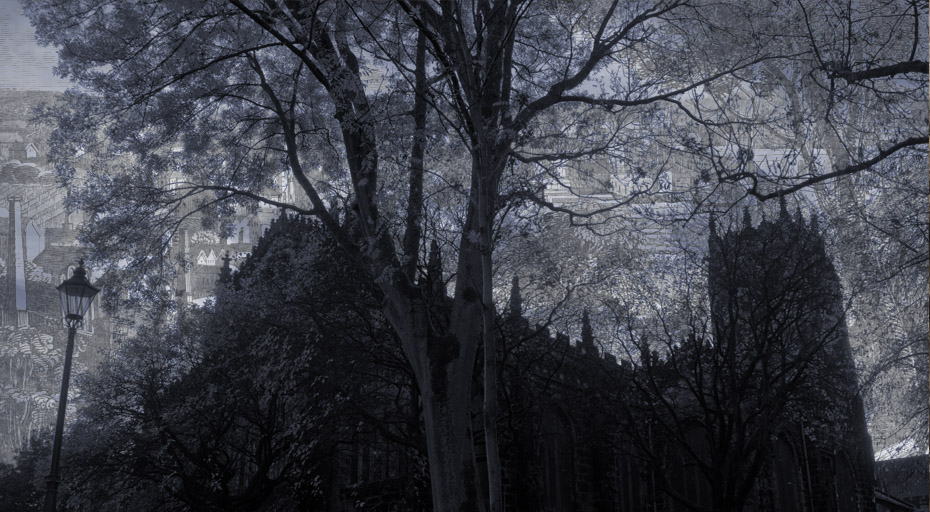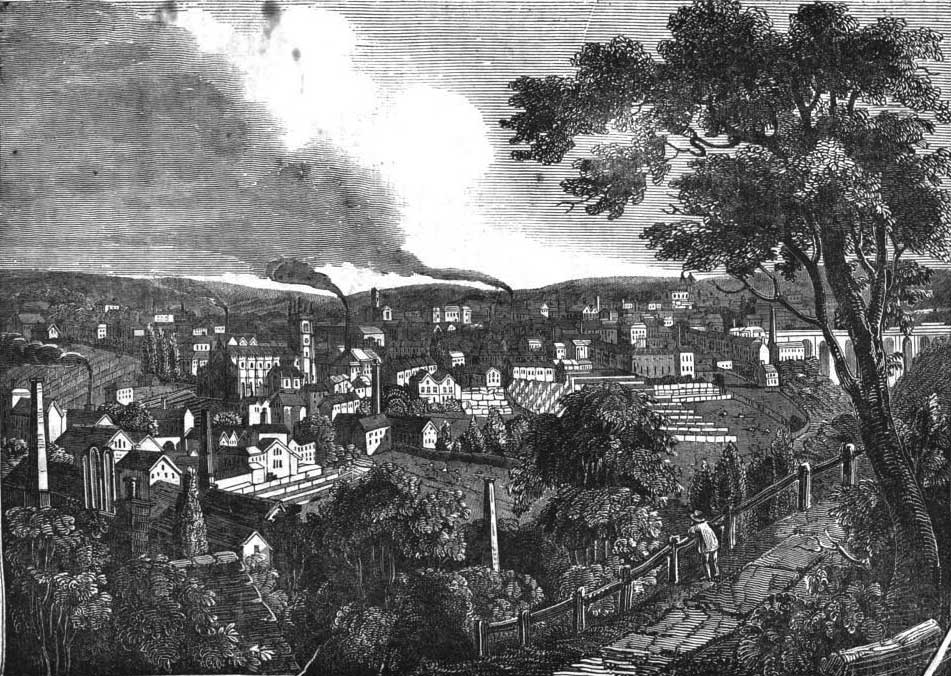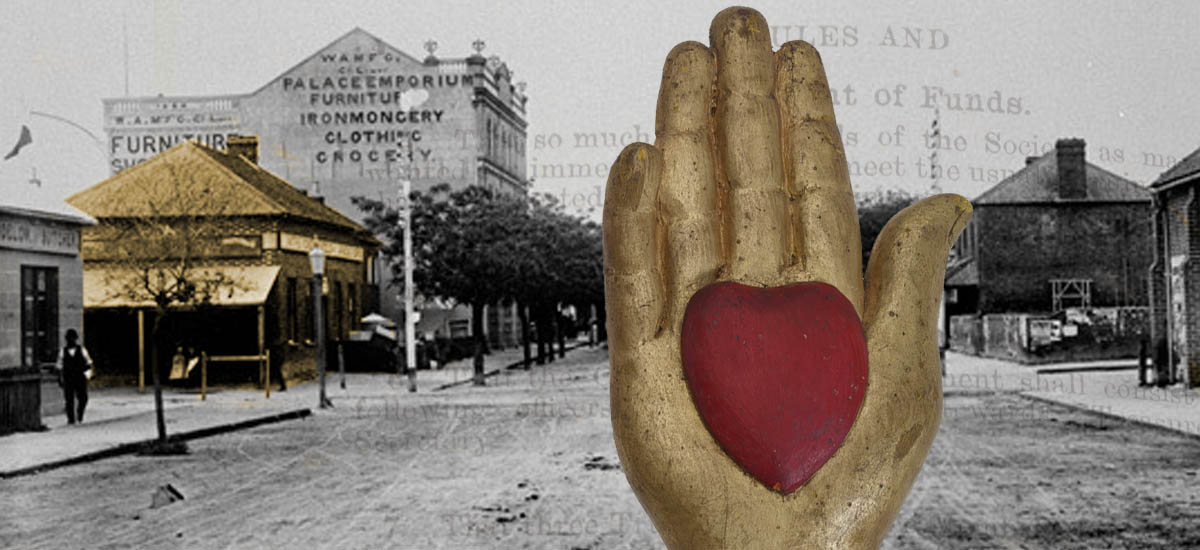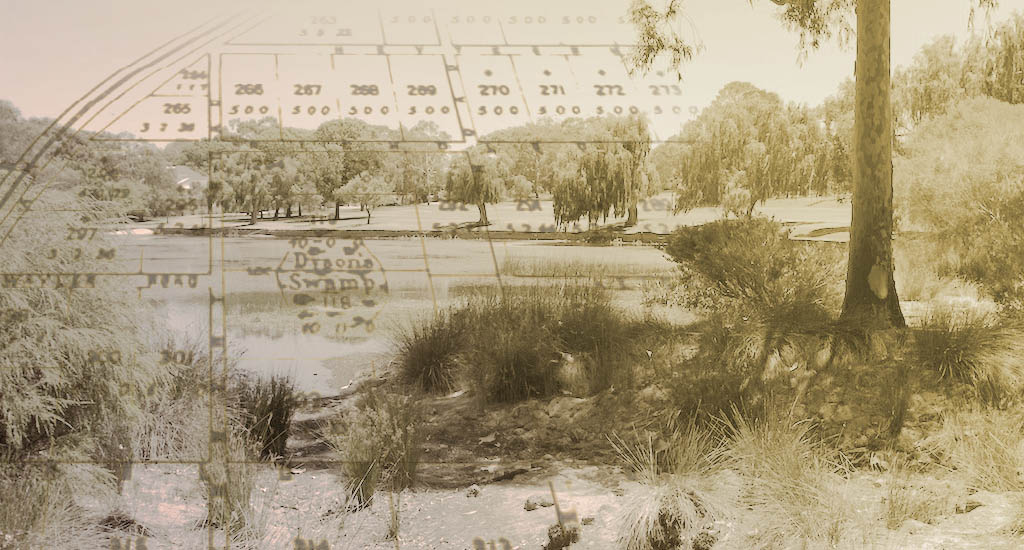Halifax is a town in the West Riding of Yorkshire, not that far from the Lancashire border to the west. With little in the way of useful agricultural land in the district until comparatively modern times, the processing of wool, and later on, cotton, evolved into an industry that dominated the town. Messrs Buck and Kershaw established themselves in business as stuff merchants in the late eighteenth century. “Stuff” has a few different definitions, but in this case referred to worsted cloth, a material which is spun from wool. By the first third of the nineteenth century the original Mr William Buck and Mr James Kershaw were long departed, but the business lived on, running a worsted spinning mill, a warehouse in the ancient street in Halifax known as the “Woolshops” and a head office at a prime location in the very heart of town on Union street.
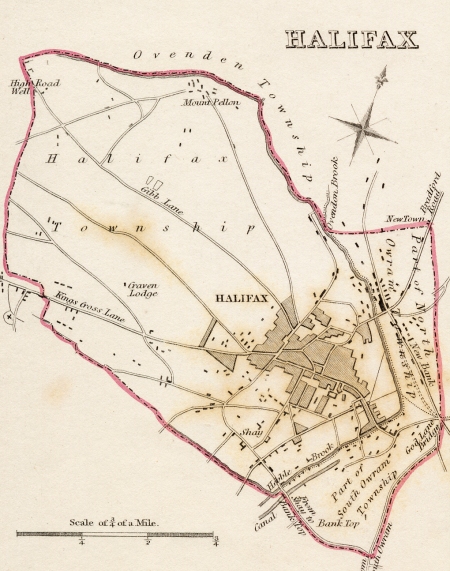
Mr Thomas Robershaw was one of Messrs Buck and Kershaw’s employees in Halifax. He was a warehouse manager for the business and was thirty-six years old. It’s not clear yet whether he was married or had any family. His residence was about a mile away from his place of employment, in a locale known as Kings Cross. His journey to home was west down the Kings Cross Lane, also a major thoroughfare to the junction of paths that lead out of the district to the manufacturing and trading centres in East Lancashire. Houses for the rapidly expanding workforce sprawled outwards from the old town. Civic services were non-existent for the burgeoning population, but in the finest tradition of laissez-faire economics the private sector filled the gap with inns and beer-houses. In the whole parish there were but three policemen, and two of those were volunteer constables. What could possibly go wrong?
On the evening of Monday, 17 June 1833, for Mr Robertshaw, things finally did go wrong. First of all, he left his pocket book in the inn he visited on his way home from work. Such was how his fortune would play out that this careless or intoxicated act would soon be recast as luck. The hour was late when he departed the establishment and his home was still a mile away. While the mid-summer night may have been fine, there was also a new moon. There may have been the odd lantern outside a public house, but street lighting was a thing of the future. Mr Robertshaw walked home in the dark.
Somewhere between the Halifax town centre and King Cross is as close as can be identified that the assault took place. There were five of them, but how much he saw we can not tell. That he was not altogether in the remote wilderness is the extreme length they went to silence him in their struggle. Soil was grabbed and stuffed in his mouth, more and more dirt to smother his cries, a suffocating pressure like he was being buried alive from the inside out. It felt like he was going to die. His chest would have pounded with terror and the useless adrenaline urged him to breathe faster for the air that would not come. Roughly, his pockets were searched. Perhaps they searched again, for they did not find what they had expected to find on the sort of man such as he, that would make such a desperate action worthwhile. Coins worth nine shillings were all that they found, and they took them. Then perhaps for spite for such a miserable haul someone took his hat. After that they let him go and fled, leaving Mr Robertshaw barely alive to spit out the choking dirt. There is not much more to say on Mr Robertshaw’s life other than that he most likely never fully recovered from this ordeal.
Eighteen days later he stood in the courthouse in the nearby town of Bradford to give evidence against four young men accused of theft from his person. The fifth member of the gang was not in the dock. He was a much older man than the others and was also their alleged ringleader. He would have stood where Mr Robertshaw had stood on the witness stand when he gave evidence against his compatriots. Maybe part of the deal was that the four were only charged with the theft and not the assault. The jury found them duly guilty. Highway robbers were still routinely sentenced to death. Instead, the four young men were sentenced to transportation for seven years and the older man walked free. How Mr Robertshaw felt about this outcome is not known. If he felt that justice had been done we cannot tell.
While the four young men were imprisoned on the hulks awaiting transportation to Australia it is recorded that they confessed their parts in this crime. None of them appealed their sentence although they had the opportunity to do so. Maybe they had realised the full enormity of their actions and that a re-examination might go that much worse for them. For on Monday, 29 July 1833, exactly one month after the attack, Mr Thomas Robertshaw, of King Cross, foreman to Messrs. Buck and Kershaw, stuff merchants, Halifax, died. He was buried the next day in the churchyard of the Holy Trinity church in Halifax by curate William Wilmott, M.A. He does not have a headstone.
Future research
The crime, the pursuit and apprehension of the gang is recorded in some detail in the regional contemporary newspapers. The preliminary documents of the trial exists which lists the jurors and witnesses against the accused.
